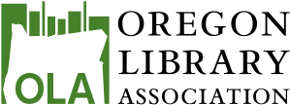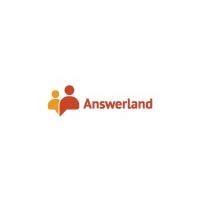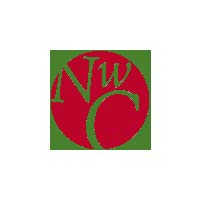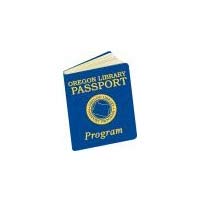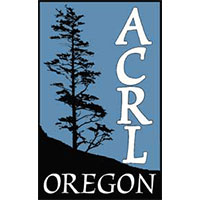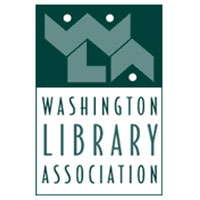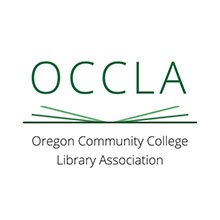OLA Mentoring ProgramInformation for Potential Mentors and MenteesThe goal of the OLA Career Mentoring Program is to provide library staff with encouragement, support and guidance, promoting their professional development and growth. A mentee is a library worker seeking support at any stage in their career. Mentees might seek support and/or for professional development and growth opportunities at many times in their career. For example, when:
A mentor is a mid-to-late career (with five or more years of professional experience) library worker who listens and provides guidance. Through their experience, the mentor has gained knowledge about professional resources, which they will share with the mentee. The mentor may help the mentee make professional contacts, models successful professional behavior and shares personal experiences relevant to the mentee’s journey. Mentors and mentees must commit to one year in the program (with the option of nine months for library staff on nine-month contracts) and have contact 5-6 times during that period. The mentoring relationship can last beyond one year if the mentor and mentee choose.
Benefits of mentoring programs
For mentorsTo become a mentor, you must:
OLA membership is preferred, but not required for mentors.
For mentees:To become a mentee, you must meet the following requirements:
What does being a mentee entail?
Additional informationWhat does the time commitment look like for a mentor? During the one-year (or nine-month) period, you must be in contact with your mentee 5-6 times per year. This may mean sending an email, initiating a phone conversation, meeting via web conferencing software (GoToMeeting is provided through OLA) or meeting face-to-face. Beyond that, the duration and frequency of that contact is up to the individual mentor and mentee. The time commitment is determined by the mentor and mentee together and is based on the goals they mutually set for the year. The mentoring relationship can last longer than one year and contact can be more frequent if both mentor and mentee choose. Is there a deadline to become a mentor or a mentee? No. We match people up throughout the year, so you can apply at any time for either role. How do you match up mentors and mentees? In the application, the mentor describes their experience and areas in which they feel comfortable mentoring. The mentee application asks the mentee to describe their goals and experience. We then do our best to match up mentors and mentees based on library type, experience and goals. We will look for a mentor whose expertise bets fits the mentee’s goals. What if my mentor and I aren’t a good fit? Occasionally, the mentoring relationship doesn’t work out. This can be a result of bad fit, a mentor or mentee who doesn’t actively participate in the relationship, or communication issues. If this happens, the best way to approach it is to first address the issue with the mentor/mentee. If this does not rectify the problem, contact the OLA Leadership Committee at [email protected] who can try and help fix the problem. What if I have questions? The OLA Mentoring Program is managed by the OLA Leadership Committee and the administrators are:
Mentor Program Forms:To become a mentor, fill out the Mentor Application. To be a mentee, fill out the Mentee Application. |
